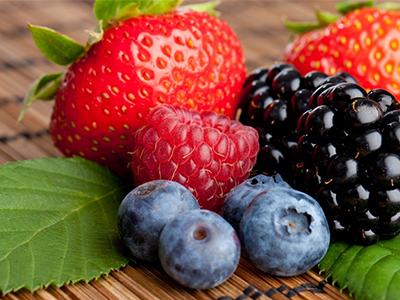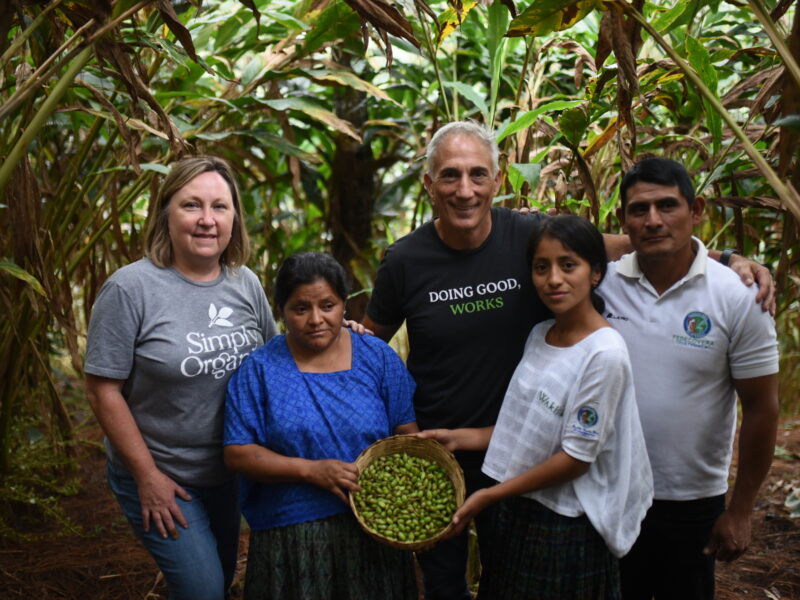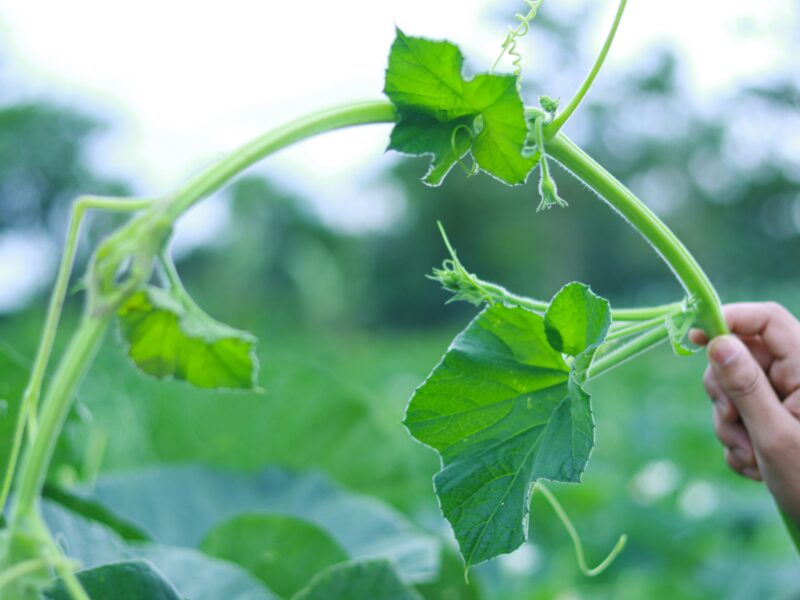By: Connie Rosemont (Only Organic)
The best summer read this year for many of us in the organic community might just have been the study led by Great Britain’s Newcastle University and published in the British Journal of Nutrition.
This important, peer-reviewed report looked at 343 previous studies on the compositional differences between crops grown organically and conventionally and concluded that organic crops had significantly higher levels of antioxidants and phenolic compounds. That’s important because these components are known to help prevent coronary heart disease, stroke, certain cancers and other diseases triggered by oxidative damage.
The results were extremely clear and also well-reported. Yet some of us wanted to know more. WHY do organic fruits and vegetables have more antioxidants and phenolic compounds than conventional crops?
Chuck Benbrook of Washington State University, a co-author of the Newcastle study, offered some possible explanations during a recent Food Tank webinar:
— It’s all about plant versus pest. Organic farmers cultivate hardy, pest-resistant crops in the first place. When these plants use their own defenses to fight bugs, they crank up their production of phenolic responses. In turn, this response causes the plant to produce more healthful antioxidants.
— Less nitrogen use: For cost reasons, organic farmers are much more careful and selective in spreading nitrogen fertilizers than conventional farmers, who almost always wind up with least 25 percent more nitrogen than needed on their fields. Plants convert excess nitrogen to simple carbohydrates and simple sugars. When you give a plant more nitrogen than it needs, it gins up its production of sugars and yields larger fruit that contains more water. More sugar and water in a fruit or vegetable means fewer phenolic acids, antioxidants and vitamins. Bite for bite, when you eat more sugar and water, you’re getting less of the stuff that is shown to help the body reduce its risk of cancer and cardiovascular disease.
So this study is good news AND shows that there is enough quantitative data out there to make it worthwhile to invest more effort in organic agriculture research and even long-term animal and human health studies.









